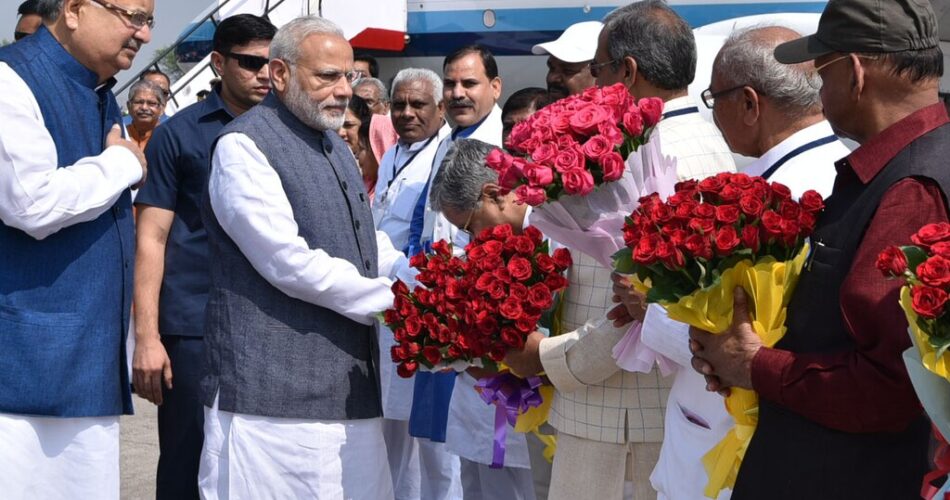There shouldn’t be any controversy.
Nearly 200 prominent figures in India criticized Prime Minister Narendra Modi’s participation in a Christmas celebration hosted by the Catholic Bishops’ Conference of India (CBCI) in New Delhi. The protest highlighted the sharp increase in anti-Christian violence across the nation. The group, including activists and notable personalities like Tushar Gandhi, Annie Raja, and Father Cedric Prakash, expressed disapproval of the Christian leadership’s engagement with Modi, who has been accused of failing to protect the rights of Christian communities.
Activist and writer John Dayal condemned the meeting, describing it as a disconnect between church leaders and the struggles of ordinary Christians. He emphasized that ceremonial gestures during a time of significant persecution undermine the gravity of the situation. Citing recent data, protesters revealed that from January to November 2024, there were 745 documented attacks on Christians for their faith, a stark increase compared to previous years. In contrast, only 127 incidents were reported in 2014, the year Modi’s government came to power.
The rise in violence is attributed to the growing influence of Hindutva nationalism, which has fueled hostility toward minority communities, particularly Christians and Muslims. Religious groups such as the Bajrang Dal and Vishva Hindu Parishad (VHP) were identified as key instigators. The statement also pointed to legislative measures, such as anti-conversion laws enacted in 13 states, which have been misused to target Christians, exacerbating their vulnerability.
The protesters highlighted the destruction caused by the May 3rd riots in Manipur, where over 200 churches were destroyed, and many lives were lost. They criticized the church leadership for legitimizing the government’s inaction through symbolic gestures, arguing that such actions do little to address the pervasive violence, harassment, and discrimination faced by Christians.
The treatment of minorities in India has also drawn international scrutiny. Organizations like the United States Commission on International Religious Freedom have recommended that India be placed on a list of “Countries of Particular Concern.” Similarly, in 2021, multiple human rights groups, including Amnesty International, called for U.S. intervention against rising persecution in India. Modi’s attendance at the CBCI event marked a historic first for an Indian prime minister, but for many, it highlighted the contrast between political appearances and the harsh realities faced by Christians in the country.
